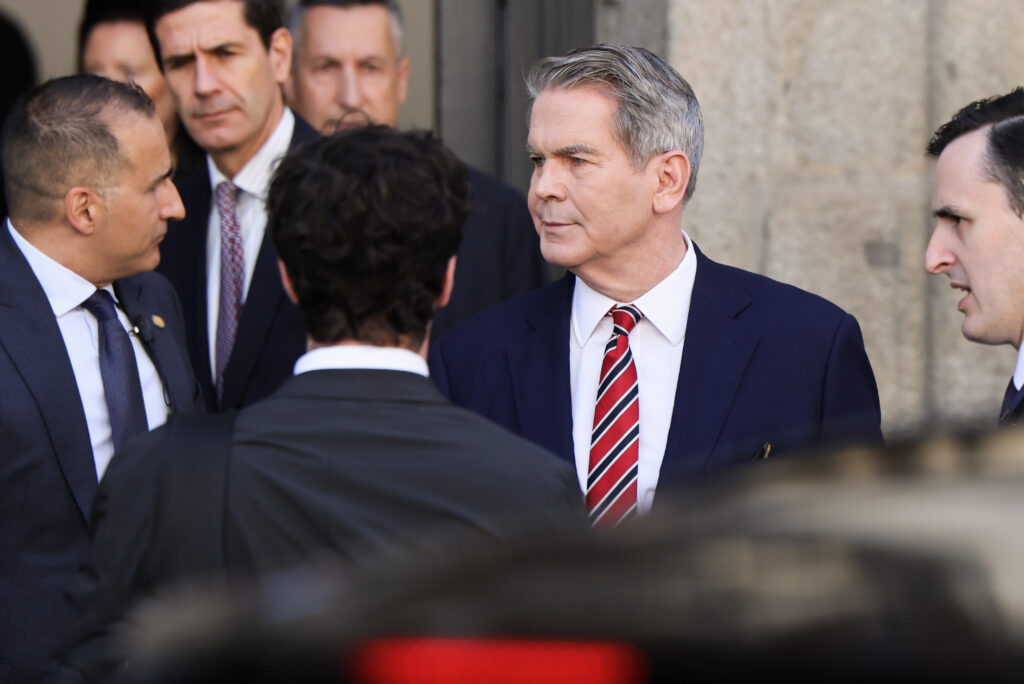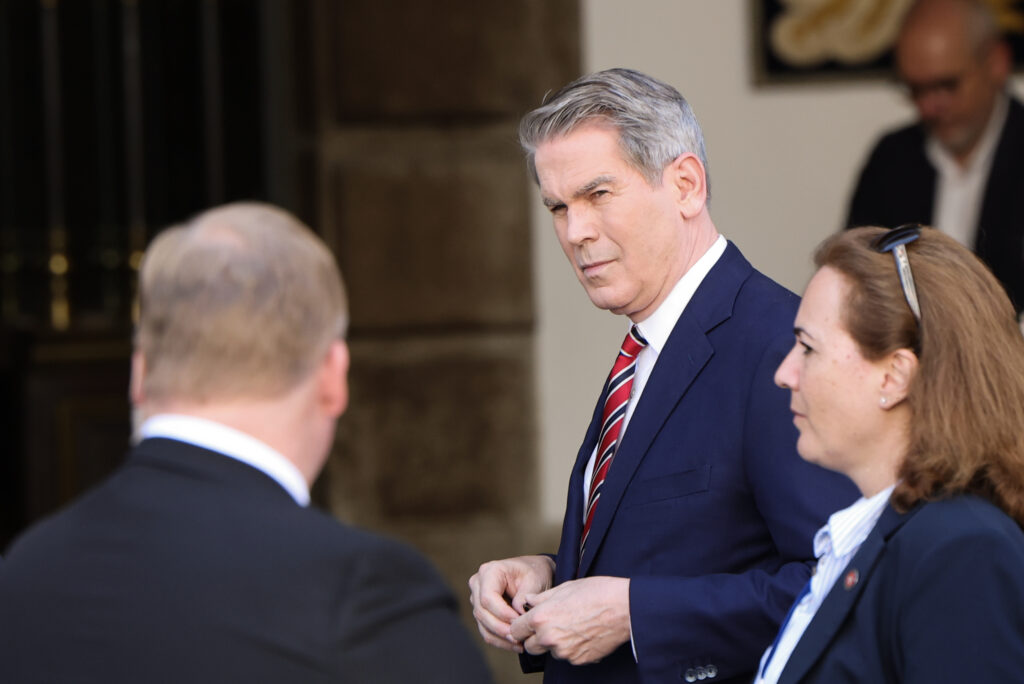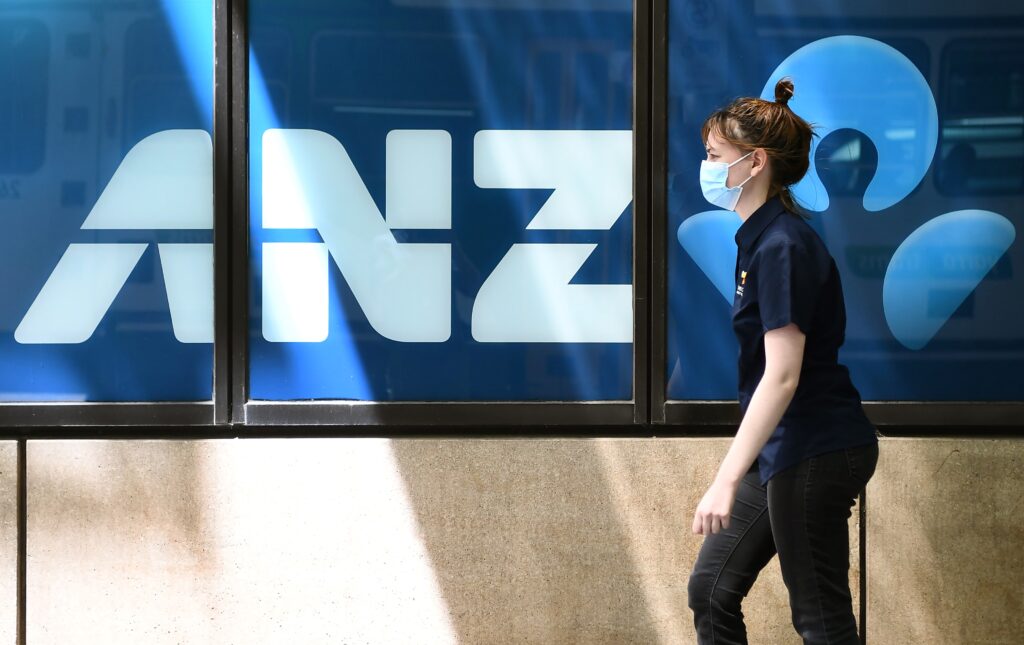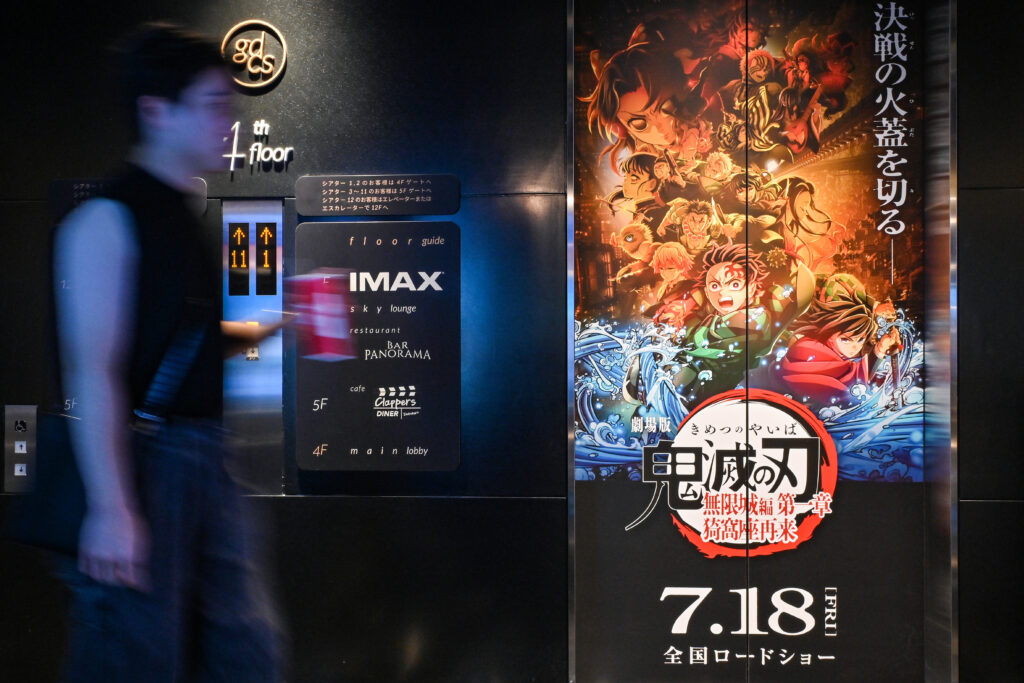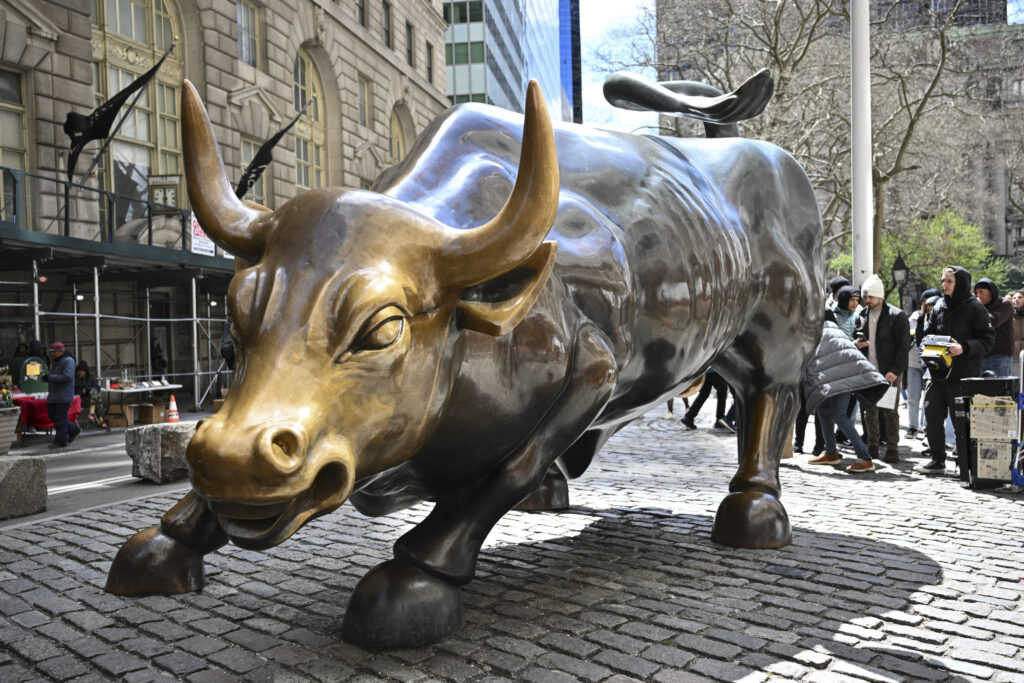WTO fishing deal: the net results
The World Trade Organization’s agreement on fisheries subsidies — its first environmentally focused accord — entered into force on Monday after years of thorny negotiations at a time of heightened international trade tensions.Agreed by more than 100 WTO members, including the United States, the European Union and China, the agreement sets binding rules requiring governments to consider the legality and sustainability of the fishing activities they subsidise.”This is the first sustainability agreement of the WTO… It’s a big day,” WTO chief Ngozi Okonjo-Iweala told AFP.Speaking to diplomats during Monday’s ceremony, she described the event as a “historic milestone”.”It seems like a dream,” she said. “We have been waiting a long time for today to happen.” The discussions towards the deal began all the way back in 2001, with WTO members finally reaching an agreement by consensus in June 2022.Below are the main points of the agreement, which was celebrated with a ceremony at the WTO’s Geneva headquarters Monday after being ratified by two-thirds of the membership.Broader rules regarding subsidies for activities that contribute to overcapacity and overfishing remain under negotiation.- Bans -“Each year, governments spend an estimated $22 billion in harmful subsidies that contribute to overfishing and the depletion of marine resources,” Okonjo-Iweala said.The deal bans subsidies to any vessel or operator engaged in illegal, unreported and unregulated (IUU) fishing, or the fishing of overexploited stocks.However, a country can grant or maintain subsidies implemented “to rebuild the stock to a biologically sustainable level”.According to the United Nations, IUU fishing is responsible for depleting between 11 million and 26 million tonnes of fish each year, which “represents 20 percent of the global fish catch”, the WTO chief said.The agreement also prohibits subsidies for unregulated fishing on the high seas, including areas outside the jurisdiction of coastal countries.The agreement “is a significant step forward for the ocean and the coastal communities that depend on it,” said Megan Jungwiwattanaporn, with the Pew Charitable Trusts.- Notification and dispute settlement -The agreement says countries must “take special care and exercise due restraint” when granting subsidies to vessels not flying their own flag, and when granting them to fishing or related activities if the status of the stocks concerned is unknown.Besides regular notifications of subsidies, WTO members are required to update the organisation on how the agreement is being implemented.This includes the status of fish stocks, information on vessels receiving subsidies, and a list of vessels and operators that the country has determined to be engaged in IUU fishing.In the event of disagreements, countries can refer matters to the WTO’s dispute settlement body.- Developing countries -The agreement provides a “peace clause” to the world’s least-developed countries (LDCs) and developing countries, exempting them from subsidy bans within their own exclusive economic zones for two years.Furthermore, developing countries and LDCs whose annual share of the global fish catch does not exceed 0.8 percent can submit their fisheries notifications to the WTO every four years instead of every two years.They will also benefit from technical assistance, and the WTO has set up a special fund to support them, which to date has received $18 million in voluntary contributions.- Agreement could be thrown overboard -The agreement alone “won’t stop the billions in subsidies that fuel overfishing and overcapacity”, warned Rashid Sumaila, a member of NGO Oceana’s board and head of Fisheries Economics Research Unit at the University of British Columbia.And if the second agreement outlining comprehensive rules on overcapacity and overfishing is not adopted within four years, the first agreement will be “immediately terminated”, unless WTO members decide otherwise.

